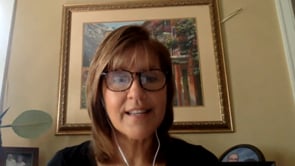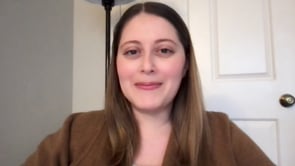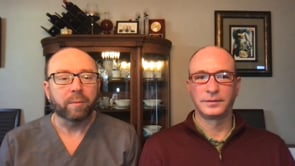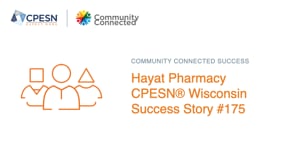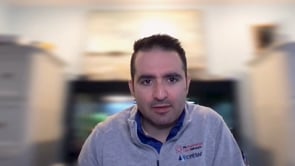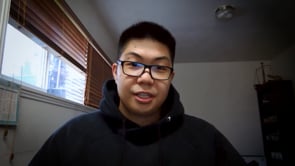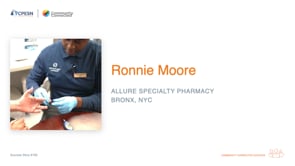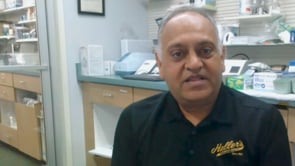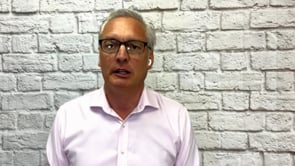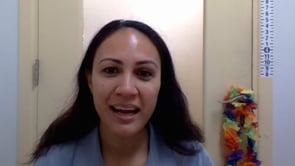CPESN® USA Luminary Paula Miller Talks About Providing Services to Disabled Patients
Paula Miller, a CPESN Kentucky Managing Network Facilitator, shares her personal passion for providing healthcare services to disabled patients. She is co-owner of Ruwe Pharmacy with three locations in northern Kentucky, and her pharmacy works with local agencies to deliver pharmacy services to patients living in group homes.
